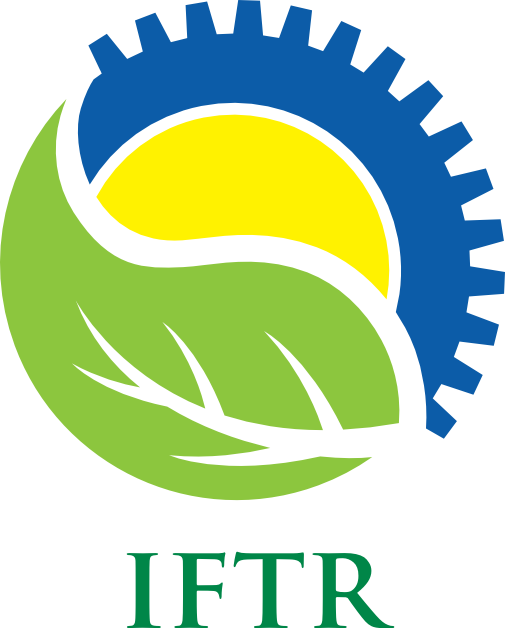 Indigenous and Frontier Technology Research Centre IFTR
Indigenous and Frontier Technology Research Centre IFTR
Design, Develop and Disseminate technologies for the masses
Sustainable agriculture provides high yields without undermining the natural systems and resources that productivity depends on. Farmers following sustainable agricultural approach work with natural processes by using the best of current knowledge to avoid the unintended consequences of industrial, chemical-based agriculture. The success of the programme is that the farmers are able to minimize the use of pesticides and fertilizers thereby saving money and protecting future productivity as well as the environment.
Farmers are trained on different technologies, assessment of their lands, soils, holdings, potential, varieties, yield and training them on various inputs including advanced crop production technologies for enhanced yield of various field crops. Different types of training imparted are
Organic farming
System of Rice Intensification (SRI)
Integrated Crop Management (ICM)
Recycling of farm waste
Integrated Nutrient Management
Intercropping
Soil testing
Vermi composting unit
Formation of commodity groups
Formulation of projects for financial assistance
Drought Management
Rice based integrated farming with location specific inputs and crop rotation practices.
Organic farming in small and medium sized farms
Soil is the single most important requirement for perfect agricultural ecosystems. Healthy soil teems with life, including many beneficial microbes and insects, but these are often killed off by the overuse of fertilizers and pesticides. Good soils can improve yields and produce robust crops less vulnerable to pests. But, abused soils often require heavy fertilizer application to produce high yields. Soil quality can be maintained and enhanced in many ways, including leaving crop residues in the field after harvest, plowing under cover crops, or adding composted plant material or animal manure, use of biofertilizers and other inputs that induce microflora in soil.
In some of the plantations like coconut, the use of cover crops is also taught as a method to control weeds, reduce soil erosion and improve soil quality.
